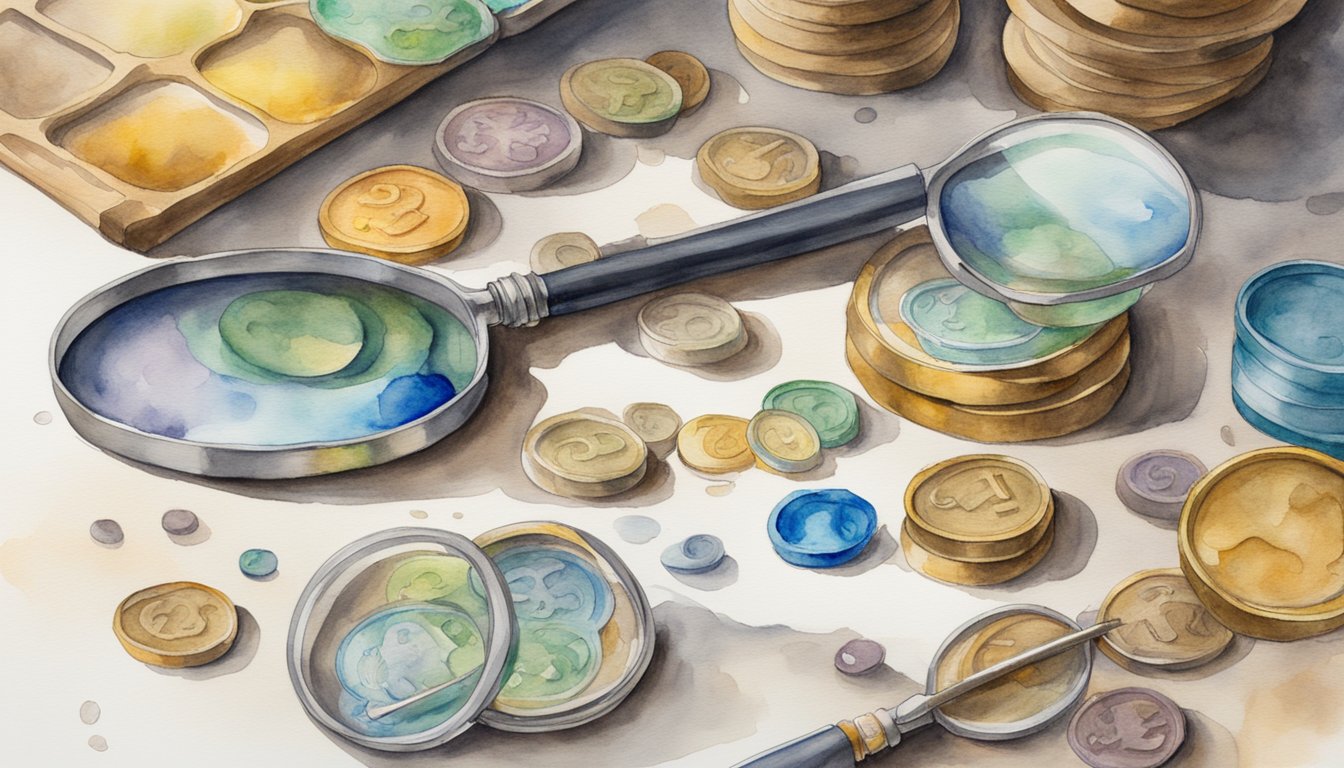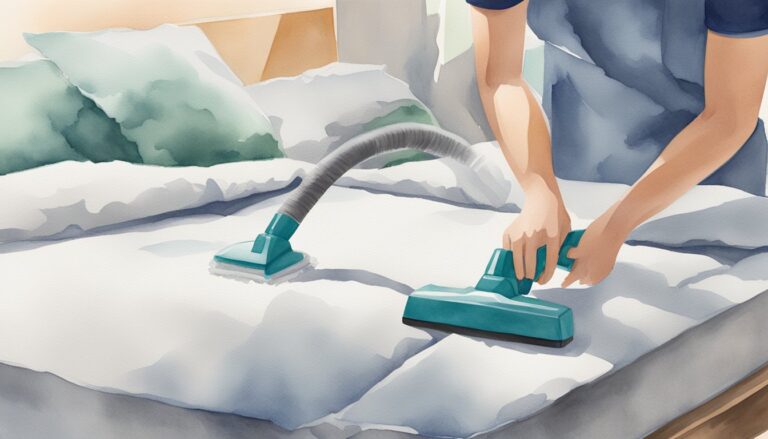Call us: (631) 270 9692
Cleaning coins is a simple task that can make your collection look great while preserving their value. For best results, start with a mixture of vinegar and salt to remove dirt and tarnish from copper coins. Just dissolve a teaspoon of salt in a quarter cup of vinegar, soak your coins for a few minutes, then wipe them clean with a paper towel. This method is effective and easy to do at home.
If you have collectible coins or coins made from different metals, there are other methods available. Using dish soap and warm water is a safe way to clean coins without damaging them. Make a soapy solution, soak your coins, and gently rub each one until they shine. Rinse thoroughly and dry them to avoid any water spots.
Remember, cleaning valuable coins requires extra care. If you’re unsure about the best method, consult with a numismatist or coin collector. They can provide expert advice to ensure your valuable coins are preserved properly. For more detailed tips and methods, check out this guide on how to clean coins.
Preparing for Coin Cleaning
Before cleaning coins, it’s important to evaluate their condition, choose the right cleaning method, and gather the necessary materials. This ensures you clean coins safely without damaging their value.
Assessing the Coin’s Condition
First, inspect the coin closely. Look for signs of tarnish, corrosion, or dirt. Note if it’s a collectible or high-value coin, such as ancient coins or rare pieces. If the coin is part of a collection, its monetary value is significant. Coin grading by experts helps determine if cleaning is appropriate. Cleaning rare or old coins without proper evaluation can reduce their value. Seek advice from a coin dealer or collector if unsure.
Determining the Cleaning Method
Choose the cleaning method based on the coin’s material and condition. Use gentle solutions for valuable or collectible coins to avoid damage. Common cleaning solutions include soapy water, vinegar, or baking soda. Be cautious with harsh chemicals or abrasive materials, as they can scratch or corrode the coin surface. For valuable coins, consider consulting coin collectors or experts to avoid mistakes. Each type of coin—silver, gold, copper—requires specific cleaning solutions.
Gather Necessary Materials
Prepare all materials before starting the cleaning process. Common items include a soft cloth, brush, mild soap, white vinegar, and baking soda. For some methods, you’ll need a mixing bowl, warm water, and rubber gloves. Ensure you have a clean, clutter-free workspace. If you’re working with valuable coins, consult a professional cleaner or use specialized coin cleaning tools. Keeping the right materials on hand ensures the cleaning process goes smoothly and effectively.
The Coin Cleaning Process
Cleaning coins can be done using various methods. These include home-based techniques, natural agents, chemical methods, and proper post-cleaning care to preserve the coins’ appearance and value.
Home-Based Cleaning Techniques
To clean coins at home, you can start with warm water and dish soap. This method is gentle and effective for most coins.
- Fill a bowl with warm tap water.
- Add a squirt of dish soap, then mix until it forms bubbles.
- Place the coins in the soapy water for a few minutes.
- Gently scrub the coins with a soft toothbrush.
- Rinse the coins under warm water, then let them air dry on a soft cloth.
This technique is good for everyday coins but may not be suitable for valuable or rare coins.
Using Natural Cleaning Agents
Natural cleaners like vinegar, baking soda, and lemon juice can also be effective.
To clean copper coins, dissolve one teaspoon of salt in 1/4 cup of white vinegar. Let the coins sit in the solution for about five minutes. Rinse with distilled water and dry with a soft cloth.
For silver coins, using a paste made from baking soda and water can help remove tarnish. Apply the paste with a soft toothbrush, scrub gently, and rinse thoroughly.
Ketchup can also work for cleaning coins. Apply a small amount, scrub with a soft toothbrush, and rinse.
Chemical Cleaning Methods
Chemical cleaners should be used with caution.
Hydrogen peroxide can be effective for removing heavy grime. Soak the coins in hydrogen peroxide for a few minutes, then scrub with a soft toothbrush and rinse.
Acetone and isopropyl alcohol are also options for a deeper clean. These chemicals can help remove oils and sticky residues. Soak the coins briefly, then scrub gently and rinse with distilled water.
Always ensure you work in a well-ventilated area when using chemicals on your coins.
Post-Cleaning Coin Care
After cleaning, it’s important to properly care for your coins to prevent future tarnish and damage.
Dry coins completely with a soft cloth to avoid water spots. Consider using a soft towel for this step.
Store cleaned coins in a cool, dry place. Using coin holders or albums with non-PVC materials can help keep coins safe.
Avoid touching coins with bare hands. Instead, use cotton gloves to handle them. This helps protect them from oils and fingerprints.
By following these steps, you can help ensure your coins remain in good condition for years to come.
For a comprehensive guide, you can explore additional information on how to clean coins using various methods.
Preservation and Storage of Coins

To maintain the value and beauty of your coin collection, proper handling, storage, and regular maintenance are essential. Follow these guidelines to keep your coins in the best possible condition.
Proper Coin Handling
Always handle your coins by their edges to avoid getting oils and dirt from your fingers on the surfaces. Using cotton gloves can provide extra protection.
Avoid dragging them across surfaces, as this can cause scratches. Holding a coin over a soft cloth or pad can prevent damage if you accidentally drop it. This careful handling is especially important for valuable coins, where even minor scratches can significantly decrease their value.
Frequent touching can lead to wear and tear, diminishing the coin’s appeal. Handle them only when necessary to minimize potential damage.
Selecting Appropriate Storage
Store your coins in a cool, dry place to prevent tarnishing and corrosion. Temperature and humidity control is key as excessive moisture or heat can negatively affect coin metals.
Use specialized containers like a currency album or individual holders to protect your coins. Avoid metal containers, as they may scratch the coins. Display cases with soft linings are ideal for showcasing collectible coins.
Separate different metal types to prevent chemical reactions that can cause damage. For example, silver coins should be stored away from copper ones.
Maintaining Coin Condition
Regular inspection and cleaning are crucial for preserving the quality of your collection. But, avoid using harsh chemicals or abrasive materials which can damage the coin’s surface.
A soft brush or a cloth can be used to gently remove dust and dirt. Occasionally, professional conservation methods might be necessary to remove tougher stains without causing harm.
Environmental factors like sunlight can fade the coins, so store them away from direct light. Periodically check for any signs of damage, and if needed, consult a professional for proper conservation techniques to ensure long-term preservation. This proactive approach helps in maintaining the coins in optimal condition for years to come.





